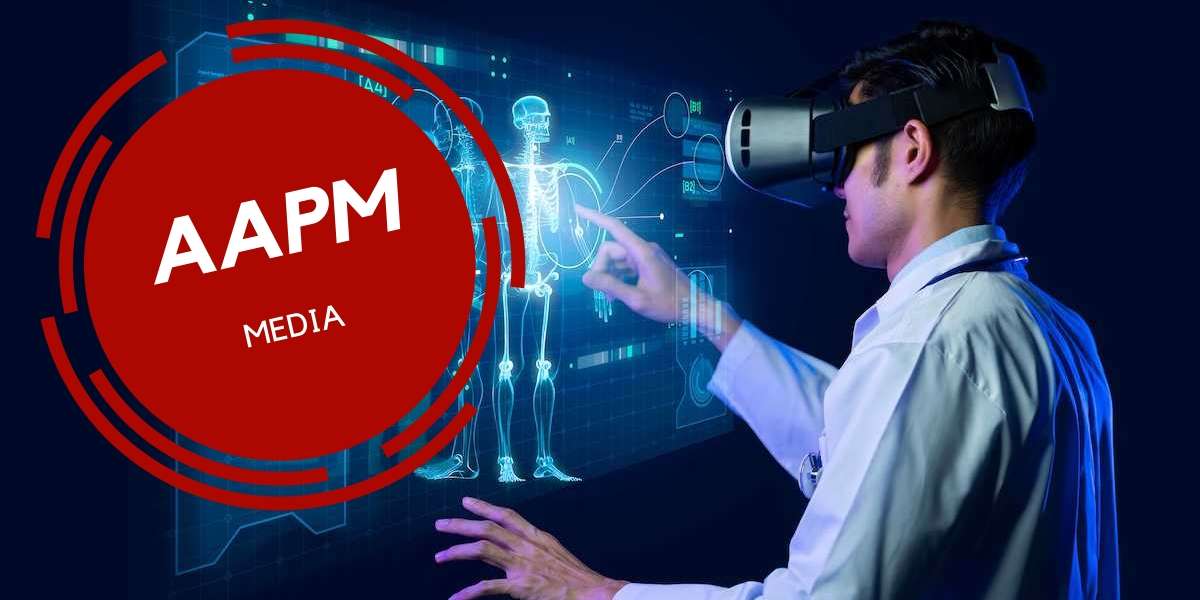1. Medical Imaging Analysis:
- AI-powered medical imaging analysis enhances the interpretation of radiological images such as X-rays, MRIs, CT scans, and mammograms. Deep learning algorithms can detect abnormalities, tumors, fractures, and other pathologies with high accuracy, assisting radiologists in diagnosis and treatment planning.
2. Diagnostic Assistance:
- AI algorithms aid healthcare providers in diagnosing various medical conditions by analyzing patient data, symptoms, and medical history. These systems can suggest differential diagnoses, recommend appropriate tests or procedures, and prioritize patient cases based on severity, helping clinicians make timely and accurate decisions.
3. Personalized Treatment Planning:
- AI enables personalized treatment planning by analyzing genetic data, patient characteristics, and treatment outcomes to tailor therapies to individual patients. Precision medicine approaches leverage AI algorithms to identify optimal treatment options, predict drug responses, and minimize adverse reactions, leading to improved patient outcomes and reduced healthcare costs.
4. Drug Discovery and Development:
- AI accelerates the drug discovery and development process by analyzing vast amounts of biological data, chemical compounds, and clinical trial results. Machine learning models predict drug-target interactions, identify potential drug candidates, and optimize drug formulations, leading to the development of novel therapies for various diseases.
5. Remote Patient Monitoring:
- AI-powered remote patient monitoring systems enable continuous monitoring of patients' health status outside traditional healthcare settings. Wearable devices, sensors, and mobile apps collect real-time data on vital signs, symptoms, and medication adherence, alerting healthcare providers to potential health issues and facilitating early intervention.
6. Virtual Health Assistants:
- AI-driven virtual health assistants provide patients with personalized health advice, medication reminders, appointment scheduling, and access to medical information. These chatbots and virtual agents improve patient engagement, satisfaction, and adherence to treatment plans, while reducing the burden on healthcare providers.
7. Healthcare Operations Optimization:
- AI optimizes healthcare operations by automating administrative tasks, streamlining workflows, and improving resource allocation. Predictive analytics tools forecast patient demand, optimize staff schedules, and reduce wait times, enhancing operational efficiency and patient experience.
8. Clinical Research and Decision Support:
- AI supports clinical research by analyzing large datasets from electronic health records (EHRs), clinical trials, and medical literature to identify trends, patterns, and insights. Decision support systems provide clinicians with evidence-based recommendations, guidelines, and alerts to enhance diagnostic accuracy and treatment decisions.
Overall, AI solutions in the medical field offer transformative opportunities to improve patient care, advance medical research, and optimize healthcare delivery. As AI technologies continue to evolve, they hold the potential to revolutionize healthcare systems worldwide, making healthcare more accessible, efficient, and effective for all.







